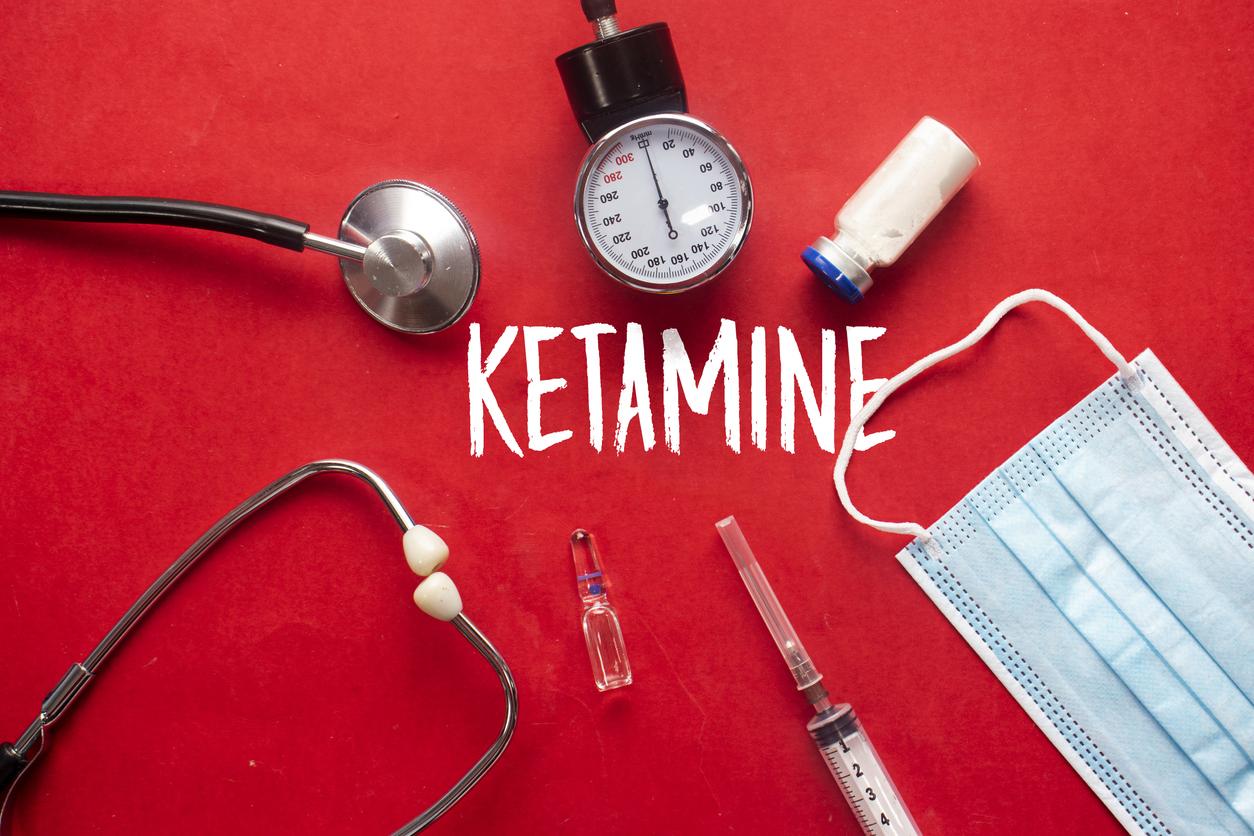The meeting of Neanderthals and modern humans led to a genetic mixing, which today gives us genes associated with depression and addiction.

Could he be responsible for all our ills? Not long ago, a study showed that Neanderthals gave us genes that increase the risk of allergies.
Today, a new publication in the journal Science highlights that the genetic mixing between Neanderthals and modern man, homo sapiens, caused the transmission of genes promoting depression, but also nicotine addiction, and the appearance of blood clots.
It has been known for a long time that thehomo sapiens and Neanderthals had crossed paths 50,000 years ago, when the first had left Africa to arrive in Europe. But the fact that the two species have reproduced with each other has only been known since 2010. Researchers estimate that today between 1.5 and 4% of the DNA of Europeans is inherited from Neanderthals.
Genes of 28,000 people
In order to better understand how this genetic mixing still affects human health, researchers looked at a large database, containing information on the DNA of 28,000 people of European descent. They compared this data with information on the Neanderthal genome, and identified the genes resulting from the mixing between the latter and that of the Neanderthal.homo sapiens.
The researchers then crossed their results with the medical records of 28,000 individuals. They quickly realized that some of the genes inherited from Neanderthals were found in people who were depressed, addicted to nicotine, or had a propensity to develop blood clots.
Advantages at the time
Several genes had in fact been able to confer benefits on Neanderthal descendants and homos sapiens, during their installation in European regions, in a particularly hostile environment.
This is the case with the gene managing blood coagulation, and the allele inherited from Neanderthals, giving thick blood. While it promotes clot formation, this characteristic was useful in fighting infections and speeding wound healing. But in modern European society, it is rather a disadvantage because it increases the risk of stroke or pulmonary embolism.
All is not all dark, however: researchers confirm that our Neanderthal ancestors also bequeathed us genes that act on the functioning of keratinocyte cells in order to better protect the skin from UV rays.
.

















